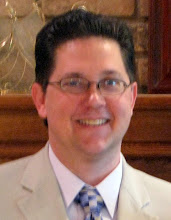IN HONOR OF STRUNK AND WHITE:
Many notes are posted around the Internet about the passive voice, half of them about how the passive voice should always be avoided, and the other half about how the first half should be taught exactly what "passive voice" means.
In the 1970's, educators were convinced that they should use a philosophy -- one hesitates to say "methodology" -- called "natural language instruction". These educators congratulated themselves on their sophistication, but many failures occurred as a result of those teaching methods. Students who did not take foreign language instruction were trained improperly, if at all, in the subject of grammar. There followed a corresponding increase in lack of knowledge about the passive voice, and about other grammatical concepts.
Nevertheless, many of the omitted grammatical terms and concepts are admittedly overcomplicated and beyond the needs of typical Americans. As with psychological terms, words having to do with the simpler grammatical concepts are stretched to uses beyond their actual denotations, to cover conditions that may have different technical terms but a similar "flavor". This extension of concepts beyond their defined bounds is found useful by many people.
With this convenient extension, the necessity of learning terms such as "mediopassive" and "stative", which are useless to the majority of people, is avoided.
POP QUIZ - how many of those sentences are technically "Passive voice"? Show your work in the comments!
Subscribe to:
Post Comments (Atom)

No comments:
Post a Comment